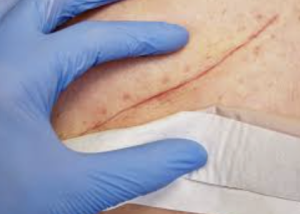In a survey-based comparative analysis, Cristina Sánchez‑Viguera et al. from the Hospital Regional Universitario de Málaga, Hospital General de Granollers Published in: Neurocirugia Journal the awareness and real-world uptake of evidence-based surgical site infection prevention measures among Spanish neurosurgeons.
Using a 64-item questionnaire sent to SENEC members, they explored self-reported behaviors related to perioperative infection control.
Findings reflect a mismatch between intention and action: While neurosurgeons express high regard for guidelines, outdated practices persist:
Prolonged surgical antibiotic prophylaxis in Neurosurgery (>24 h)
Insufficient drying time for antiseptics
Routine application of adhesive drapes, despite limited evidence for efficacy
Hair removal by the surgeon (rather than nursing staff)
Low uptake of double-gloving protocols
Minimal involvement in SSI training or feedback programs 1)
Critical Review
| Aspect | Evaluation |
|---|---|
| Population | 123 Spanish neurosurgeons — adequate but susceptible to response/selection bias |
| Survey Design | Solid structure, but self-reporting introduces social desirability bias |
| Evidence–Practice Gap |
67 % acknowledge divergence between guideline and practice
Only 37 % use alcohol-based antiseptics
Just 16.7 % double-glove
Only 7.5 % perform nutritional pre-screening
16.5 % participate in SSI training
37.2 % receive feedback on infection rates |
| Hair Management | 83.3 % perform hair removal themselves — unusual for surgical specialties (p < 0.001) |
| Statistical Rigor | Descriptive + comparative; meaningful within limits of small sample |
| Key Limitations |
Only Spanish SENEC members → limited generalizability
